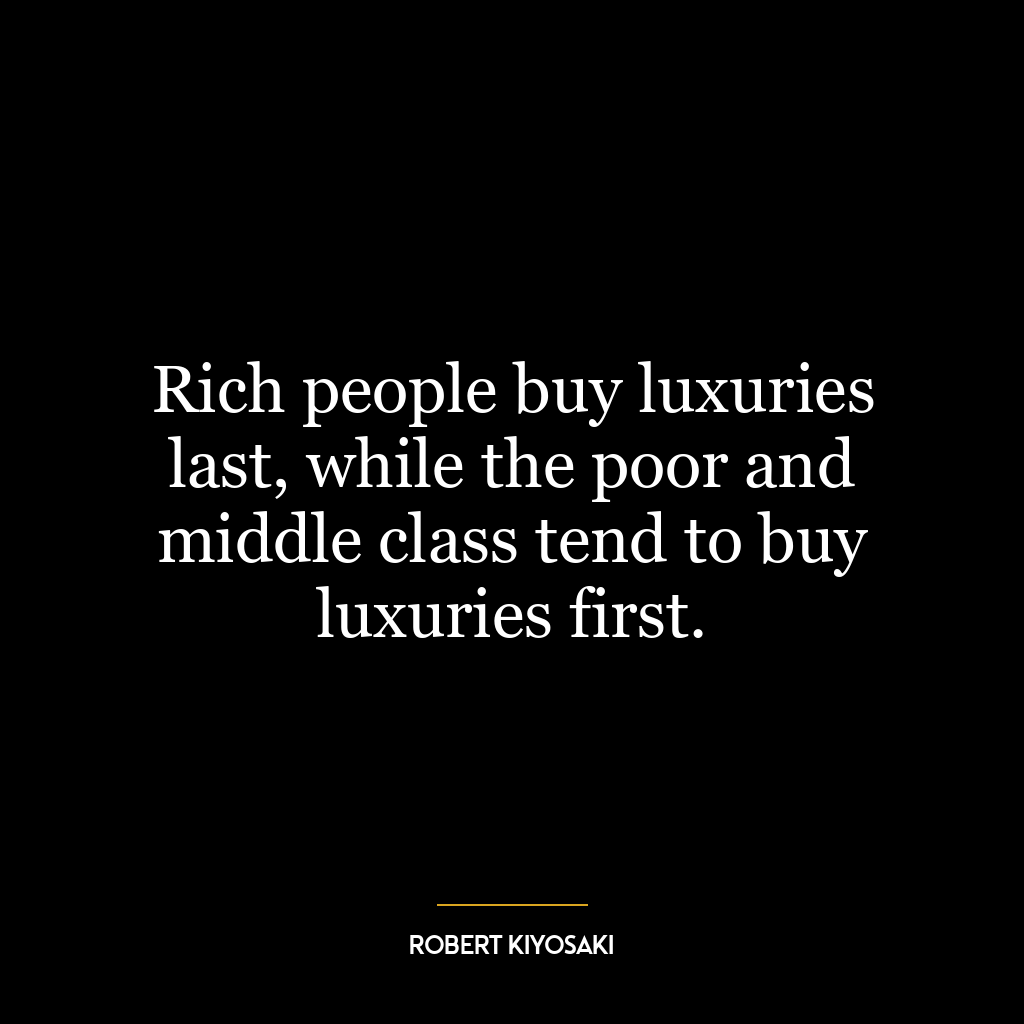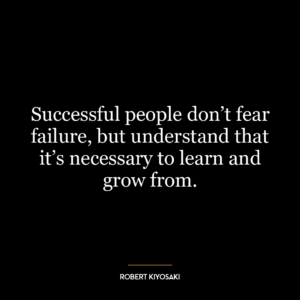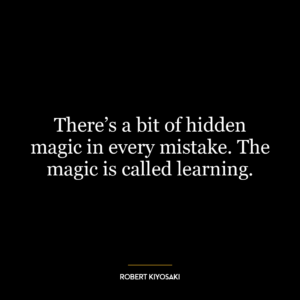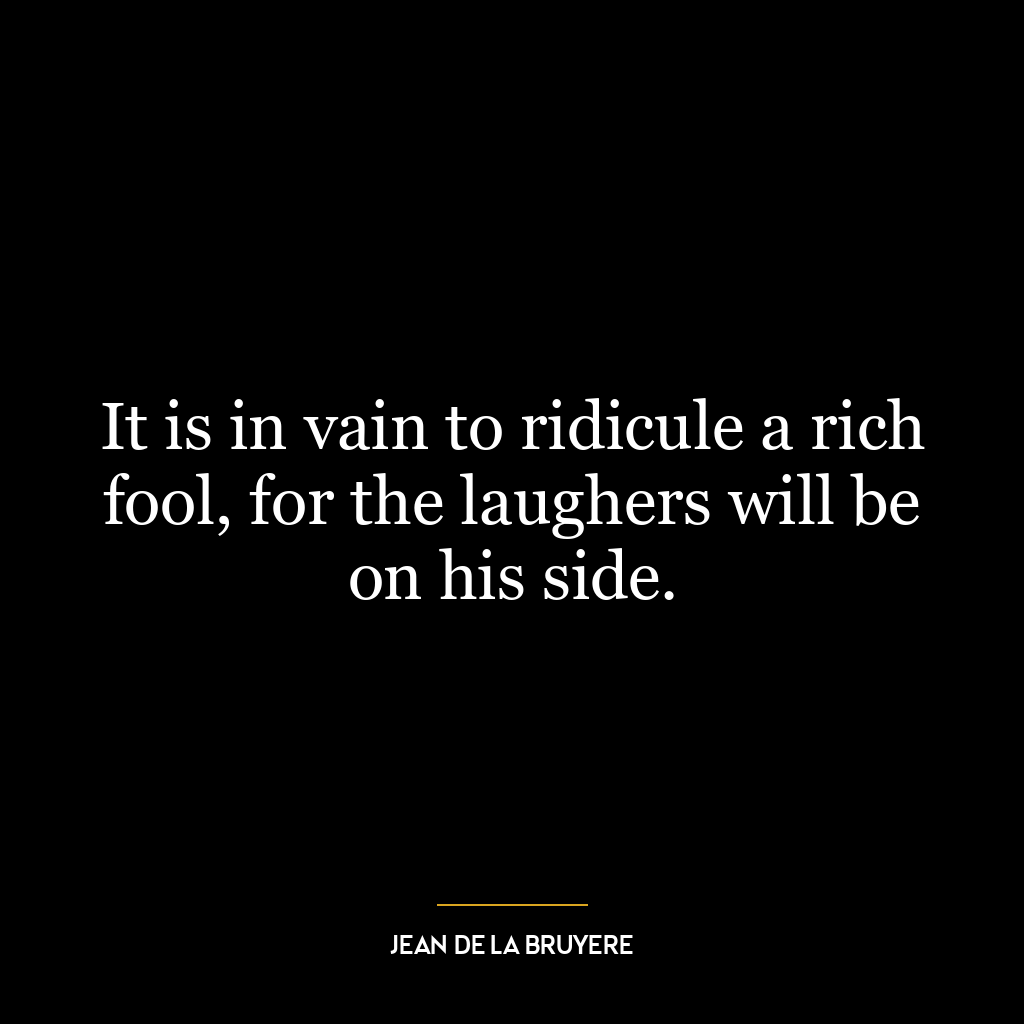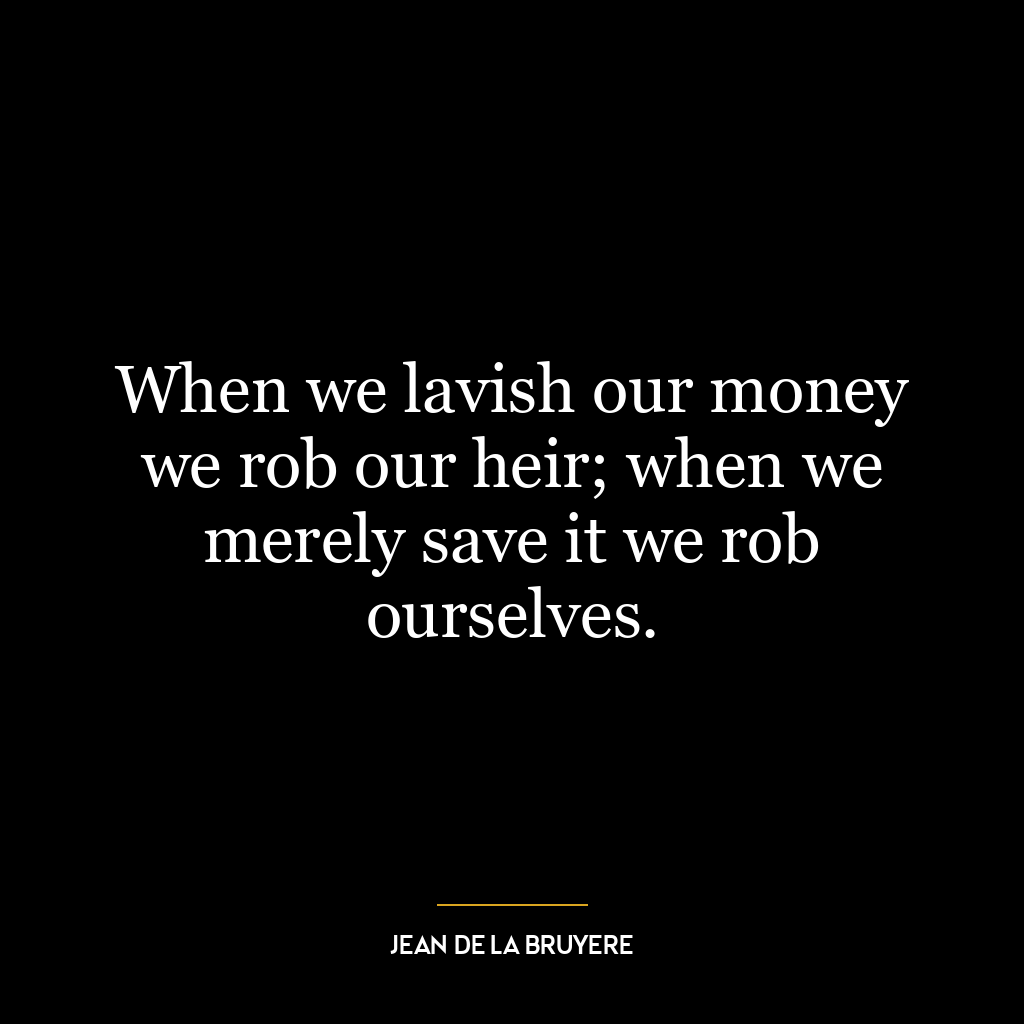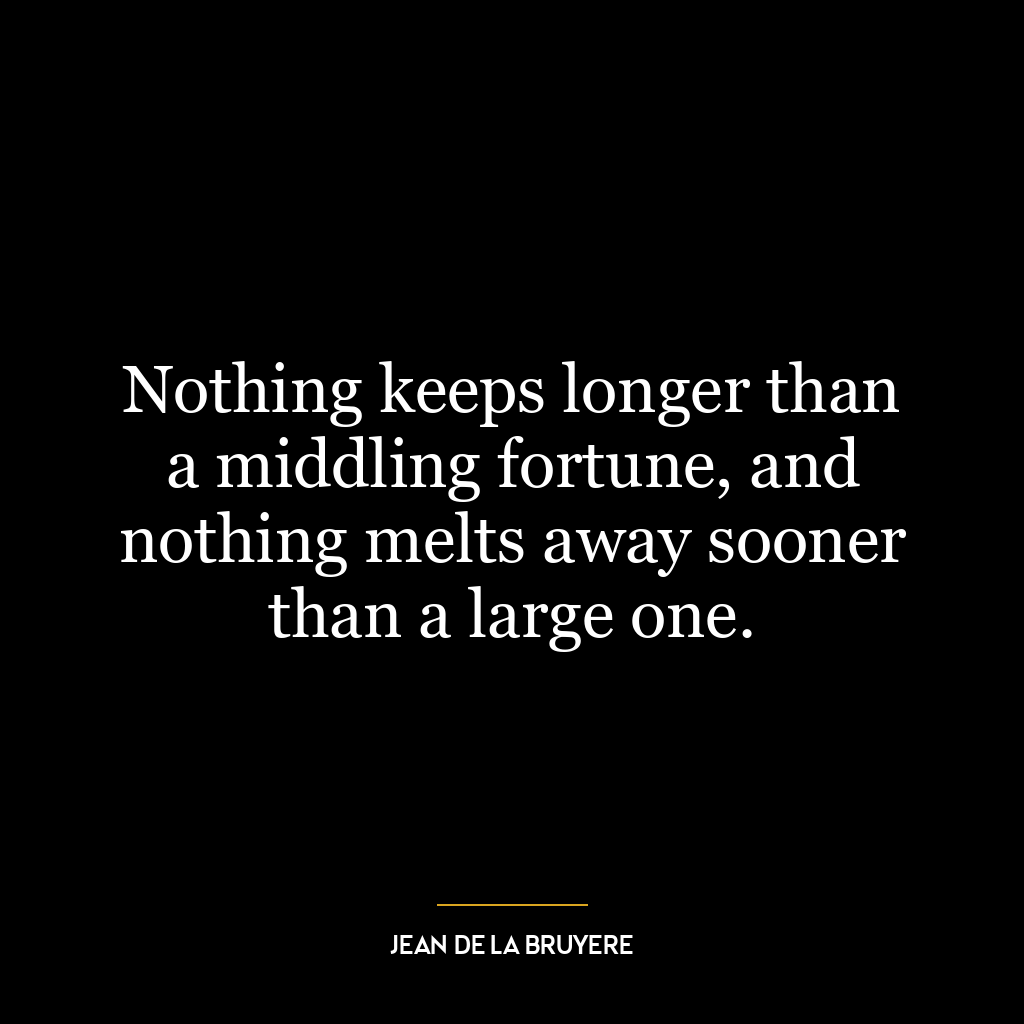Rich people buy luxuries last, while the poor and middle class tend to buy luxuries first.
This quote by Robert Kiyosaki is essentially highlighting a fundamental difference in the spending habits and financial priorities between the rich and the less affluent. The rich, as per Kiyosaki’s observation, prioritize investing and growing their wealth first before indulging in luxury purchases. On the other hand, the poor and middle class tend to spend their money on luxury items first, often before securing their financial future.
The rationale behind the rich buying luxuries last is that they understand the power of investment and the concept of money making more money. They prioritize investing their money into assets that will generate more wealth over time. Only after their wealth is significantly grown, and their financial security is ensured, do they spend on luxury items. This approach ensures that their wealth continues to grow and is not depleted by non-essential purchases.
In contrast, the poor and middle class often prioritize buying luxuries first. This could be due to a variety of reasons, including societal pressure, the desire for immediate gratification, or the misconception that owning luxury goods is a sign of wealth. However, by spending their money on luxuries first, they often neglect to invest and grow their wealth, resulting in a cycle of financial instability.
Applying this idea in today’s world or in personal development would mean prioritizing long-term financial security over short-term gratification. This could involve investing in assets, such as stocks, bonds, or real estate, before spending on non-essential luxury items. It also involves understanding the difference between assets and liabilities, and focusing on acquiring assets that generate income rather than liabilities that deplete it.
This concept can be a powerful tool for personal development. By adopting the mindset of the rich – buying luxuries last – individuals can work towards financial independence and stability. It encourages a shift from a consumption-based mindset to an investment and growth mindset, promoting financial literacy, discipline, and long-term planning.

